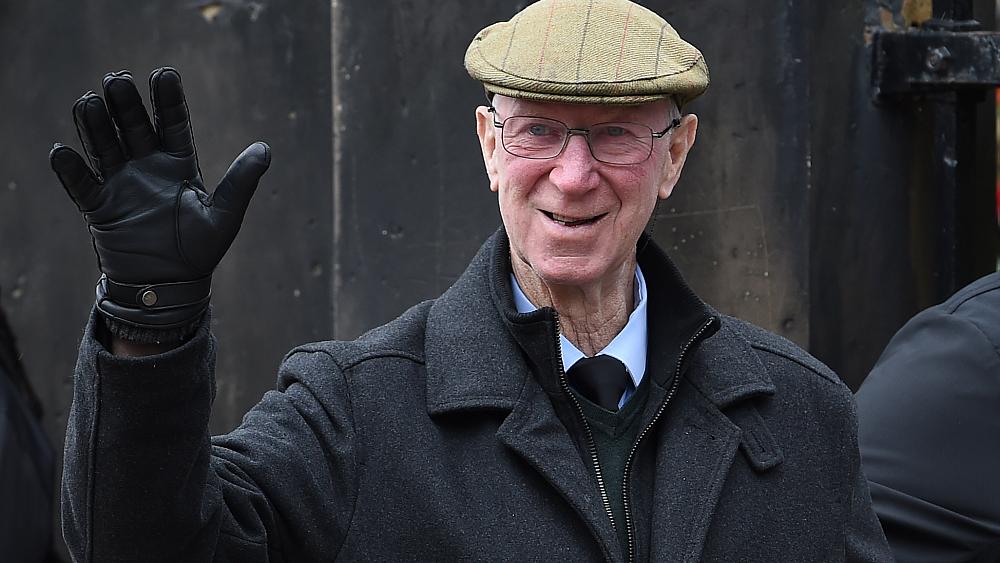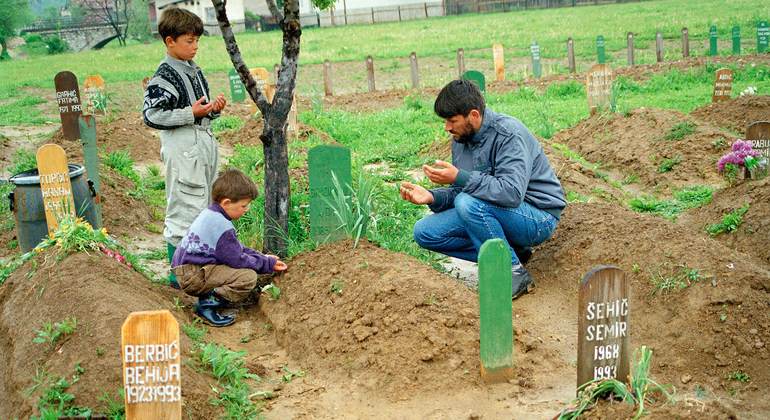EURONEWS – The football world is paying tribute to Jack Charlton, England World Cup winner in 1966 and later manager of Ireland’s national team, who has died at the age of 85.
The news of his death was announced on Saturday by Leeds United, the club with whom he spent his entire playing career. Charlton’s family said he died at home on Friday in Northumberland, northern England.
A robust, uncompromising central defender, Jack Charlton played alongside his brother Bobby in England’s triumphant side that beat West Germany 4-2 after extra time in the 1966 World Cup final at Wembley Stadium.
This was undoubtedly his greatest achievement as a player, but he also won every domestic honour, including the league title with Leeds in 1969. He played a record number of 773 times for the club in a career that spanned over 20 years, from the early 1950s until his retirement in 1973.
Charlton then went into management, where he was easily the most successful of England’s World Cup winners. In his first season he took Second Division Middlesbrough to a runaway league title and promotion to the top flight, where the club established itself throughout his four-year tenure.
Further impressive management spells followed with Sheffield Wednesday and Newcastle United until he was hired by Ireland in 1986 as the country’s first foreign coach.
In charge of the national side, Charlton took Ireland to three major tournaments, notably the World Cup in Italy in 1990 where the team reached the quarter-finals though without winning a match in open play.
With a direct, physical style, Charlton got the best out of Ireland’s hard-working players. The country also played in the finals at the 1988 European Championship, achieving a notable 1-0 win over England — and at the 1994 World Cup in the United States where they achieved their first victory at a finals, also 1-0 against pre-tournament favourites Italy.
Jack Charlton resigned in 1995 and was awarded honorary Irish citizenship a year later.







